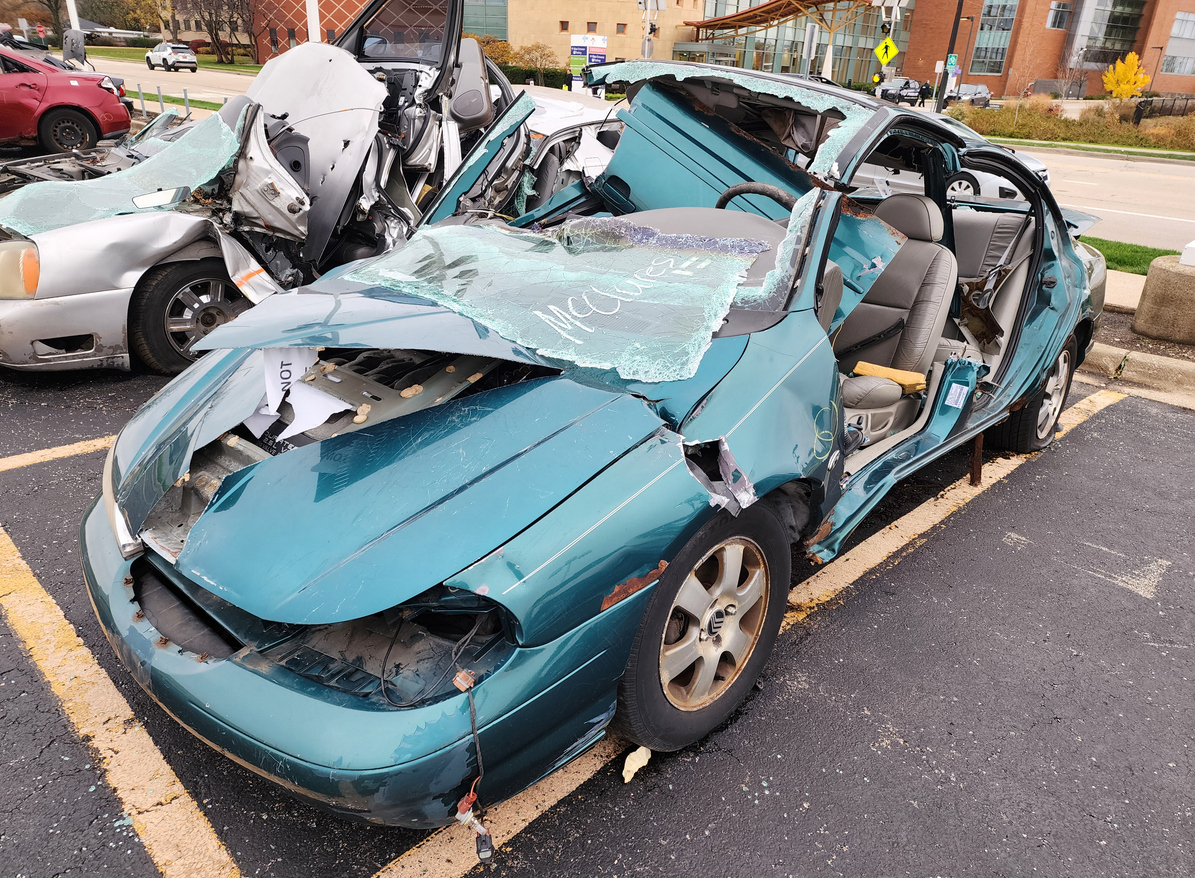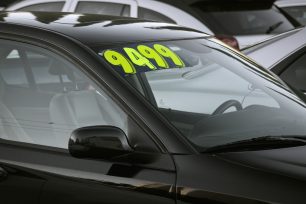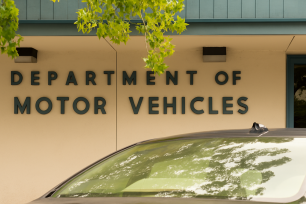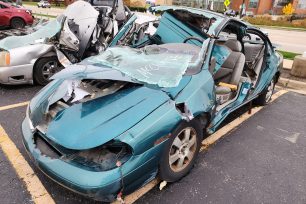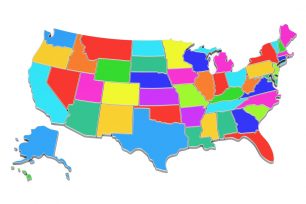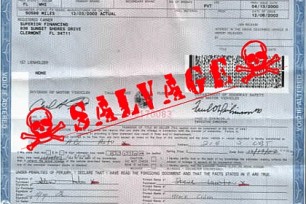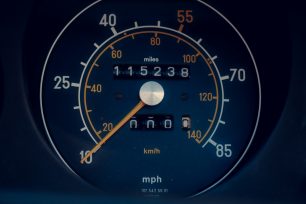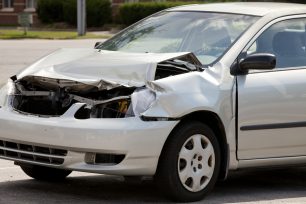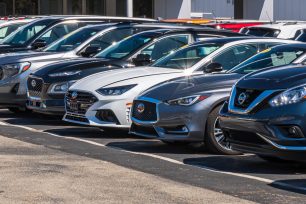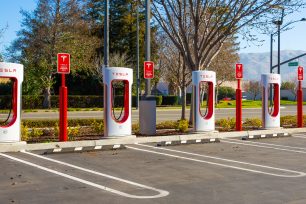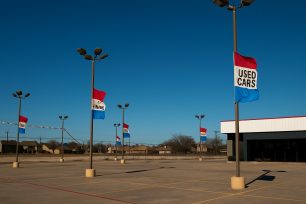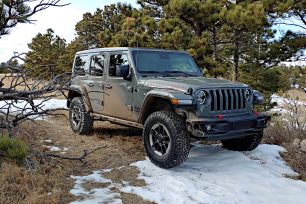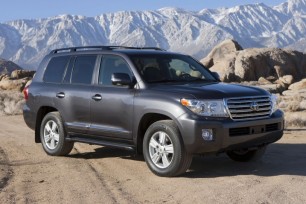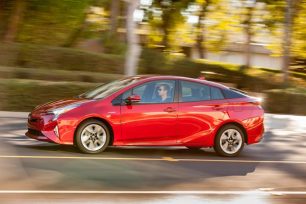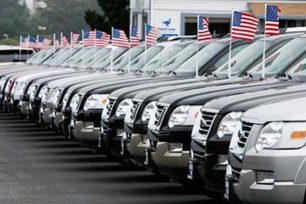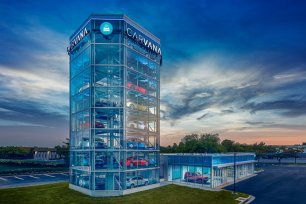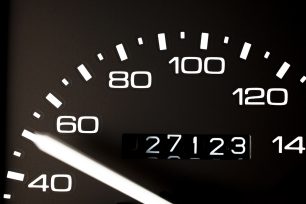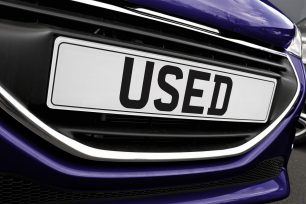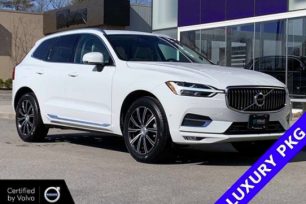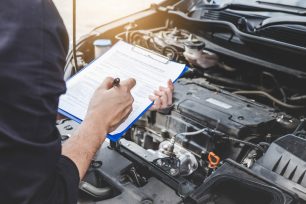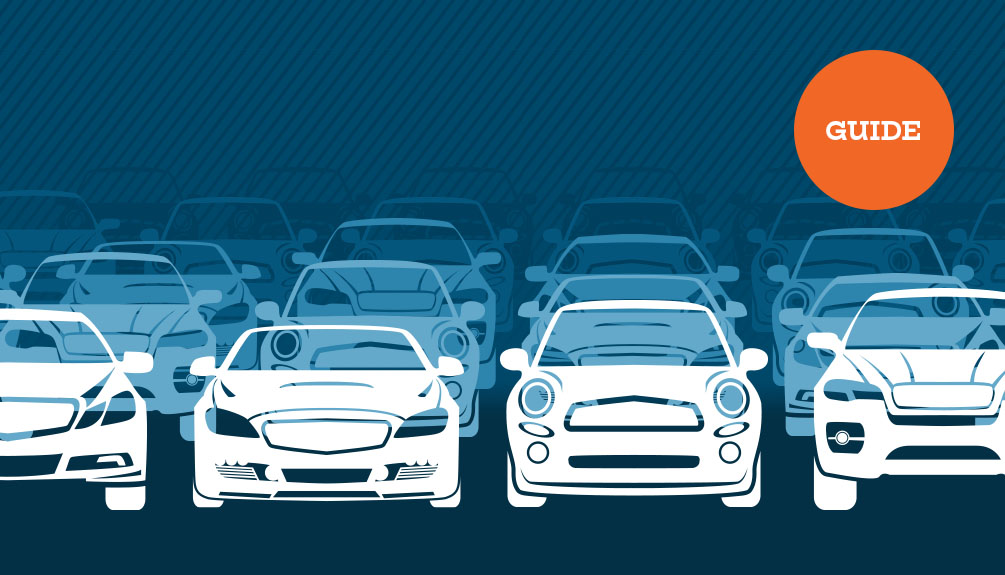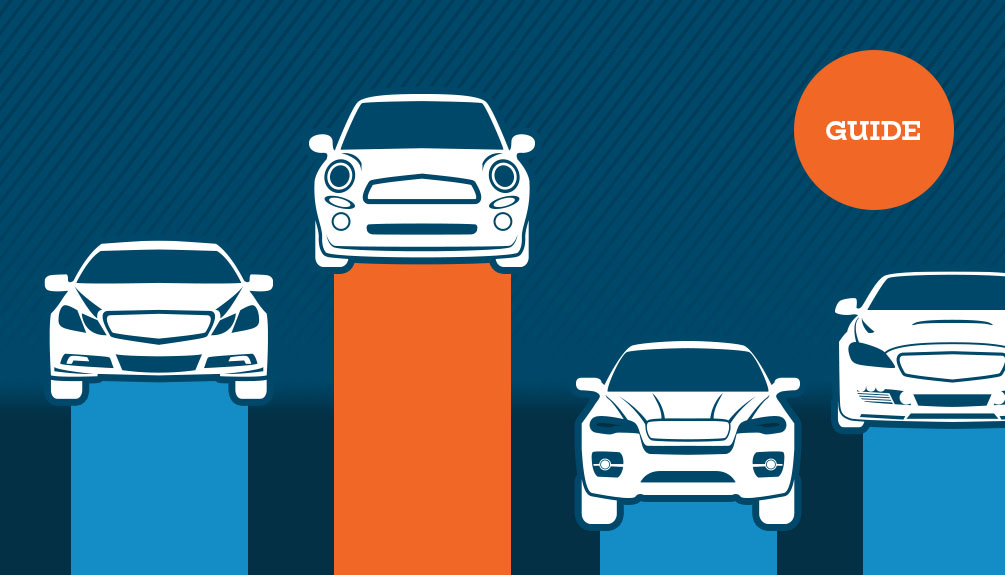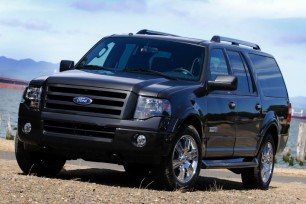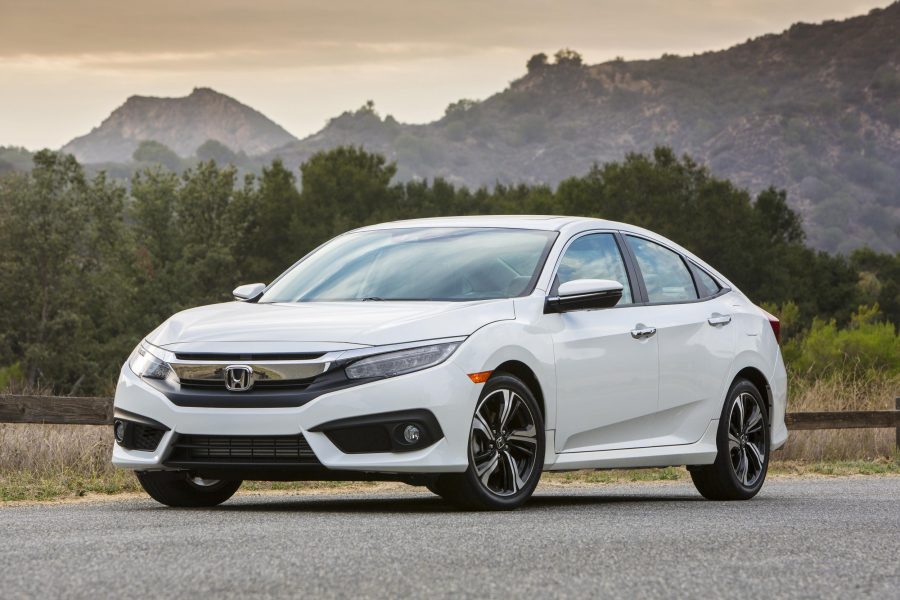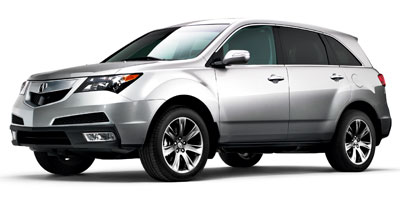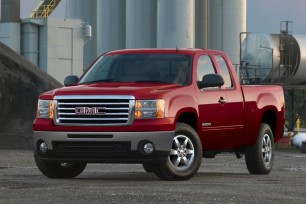What is a title?
When you buy a car, the title is its legal birth certificate. It not only proves who owns the vehicle today, but also records any liens and, crucially for a used-car buyer, any “brands” that warn of past catastrophes or chronic problems. Because a title can change hands, have new liens recorded, or even serve as collateral for high-interest title loans, it is a living legal document whose status affects everything from your right to sell the car to your ability to insure it.A U.S. title lists the car’s VIN, make, model year, mileage, owner, and any lienholder. Each state’s DMV or equivalent issues its own title and sets its own rules – for example, some require notarization when ownership changes. Do not confuse a title with registration. The title proves ownership and changes only when ownership or lien status changes while registration merely allows the car to be driven and must be renewed regularly. Because lenders often hold the paper title until the loan is paid, make sure any lien is formally released before you complete a purchase.
What is a vehicle brand?
A brand is an official word such as “salvage,” “flood,” or “rebuilt” printed on the title to flag significant damage in the vehicle’s history. Brands become permanent in the National Motor Vehicle Title Information System (NMVTIS) , yet each state defines them differently. That inconsistency lets some sellers “wash” a title by retitling the vehicle in a different state with more lenient definitions, leaving buyers in the dark unless they check NMVTIS or a reputable vehicle history service.
What are the most common title brands?
Below are the brands you are most likely to encounter. Make sure you understand what each one really means before you sign anything.- Salvage: Issued after an insurer declares the vehicle a total loss, often when repair costs exceed a high percentage of its value. A salvage car cannot be registered or insured until repaired and reinspected, and it typically loses much of its value.
- Rebuilt (a.k.a. Reconstructed, Restored, Revived Salvage): A former salvage vehicle that passed a safety inspection. It is road-legal again, but the brand stays forever, the factory warranty is void, insurers may only offer liability coverage, and resale value remains depressed.
- Junk / Non-repairable / Parts-only: Damage is so severe the law forbids putting the car back on the road. It can only be dismantled or sold for scrap.
- Lemon Law Buyback: Returned to the manufacturer because a serious defect could not be fixed under warranty. Expect recurring problems and low resale value.
- Flood / Water Damage: Water reached at least the engine bay. Corrosion and electrical failures can surface months later, so these cars often migrate across state lines to escape the brand.
- Odometer Rollback: Mileage has been illegally reduced. This is felony fraud that attempts to hide significant wear.
- Other noteworthy brands: Hail Damage, Prior Taxi/Police, Grey-Market (Non-USA), Fire Damage, Repossessed, and Totaled (in some states). Each of these brands carry their own risks – usually high mileage, hidden structural issues, or compliance hurdles.
How to verify a title brand before you buy
- Inspect the physical title and call the issuing DMV. The title should clearly display any brand. A quick DMV inquiry confirms definitions unique to that state.
- Pull an NMVTIS-based history report. NMVTIS permanently stores every title brand ever applied, thwarting most title-washing attempts. Buy the report only from an approved provider.
- Cross-check with a third-party service (Carfax, AutoCheck, iSeeCars’ Vehicle History Reports): These can add accident data, theft records, owners, liens, and recalls – crucial context that NMVTIS alone may not show.
- Demand an independent pre-purchase inspection. A certified mechanic can spot hidden frame damage, flood residue, or odometer tampering even when paperwork looks clean. Skipping this step is the costliest mistake buyers make.
- Remember even a clean title can hide unrepaired damage. Many serious repairs never trigger a brand, so vigilance is required for every used car purchase, not just transactions involving a branded title.
Why do these brands matter to your wallet and safety?
- Safety and reliability: Salvage or rebuilt cars may contain unseen structural or electrical weaknesses; flood cars corrode from the inside out, experiencing long-term problems; lemon and odometer-rollback vehicles are prone to chronic failures.
- Resale value: Expect at least a 65% to 75% haircut on salvage titles and steep discounts on any brand. Future buyers are scarce and wary.
- Insurance: Full coverage may be impossible. If it is available, premiums can run about 20% higher to offset risk.
- Financing: Many lenders refuse branded vehicles outright or require large down payments and high interest rates. No one finances an unrepaired salvage car.
- Title washing risk: Dishonest sellers retitle cars in lax states to scrub title brands. NMVTIS and multisource reports are your best defense.
What are your legal rights if a brand is hidden?
Dealers must disclose known brands; failure is fraud. Penalties range from refunds to punitive damages, fines, and even the loss of a dealer license. If you discover an undisclosed brand, gather all documents, get a mechanic’s statement, and consult a consumer-rights attorney. Complaints to the DMV or attorney general add pressure. Laws differ by state, so remedies and deadlines vary. Acting quickly preserves your options.Smart used-car shopping means treating the title as a diagnostic tool. Verify the brand through the DMV, NMVTIS, and at least one full-featured history report, then pay a trusted mechanic to inspect the car itself. Factor in higher insurance costs, limited financing, and diminished resale when pricing any branded vehicle. Armed with this layered approach, you can avoid unsafe or overpriced cars and negotiate from a position of knowledge rather than hope.
Comprehensive List of U.S. Vehicle Title Brands
It is crucial to note that there is no single, consistent list of brands or uniform definitions across all U.S. jurisdictions. This variability can lead to practices like "title washing," where a brand might be removed by re-titling a vehicle in a state with different or less stringent branding laws.Common vehicle title brands and their variations
The following table outlines the most frequently encountered vehicle title brands in the U.S. and their common variations or synonyms.| Primary Brand | Common Variations/Synonyms | Description |
| Salvage | Salvaged, Severely damaged vehicle total loss, Salvage Retention, Salvage Non-removeable | Issued when an insurance company declares a vehicle a "total loss" due to severe damage (e.g., accident, flood, fire, theft) where the estimated repair cost exceeds a certain percentage of its market value (thresholds vary by state, typically 50%-95%). Vehicles with this brand generally cannot be legally driven or registered until repaired and reinspected. |
| Rebuilt | Rebuilt Salvage, Prior Salvage, Reconstructed, Restored Salvage, Revived Salvage, Rebuilt from Salvage | Issued to a vehicle that was previously branded as "salvage" but has since been repaired to a safe, operable, and roadworthy condition and has passed a state-mandated inspection. These vehicles can be legally driven and registered. |
| Junk | Non-Repairable, Parts Only, Scrap, Irreparable, Scrap vehicle, Salvage Non-Rebuildable | Assigned to a vehicle that has sustained damage so severe it is deemed beyond repair or uneconomical to fix, suitable only for parts or scrap metal. These vehicles cannot be rebuilt, retitled, or legally driven on public roads. |
| Lemon Law Buyback | Lemon, Warranty Return | Issued when a vehicle, typically a new car, has been returned to the manufacturer under state lemon laws due to a significant, unfixable defect or malfunction that impairs its use, value, or safety, after a reasonable number of repair attempts. |
| Flood / Water Damage | Flood, Water Damage, Flood Damage, Salt Water Damage, Salvage Water, Salvage Flood, Salvage Flood Rebuilt | Indicates a vehicle has sustained damage from being submerged in water, often deep enough to fill the engine compartment. This can lead to severe longterm electrical, mechanical, and mold issues. |
| Odometer Rollback | Odometer Rollback Title Brand | Assigned to vehicles that have had their odometers fraudulently tampered with to display a lower mileage than the actual distance traveled. This is an illegal practice. |
| Hail Damage | Hail | Indicates a vehicle has sustained significant damage from hail, often leading an insurance company to declare it a total loss. Some states may not have a specific brand for hail damage. |
| Fire Damage | Fire, Salvage Fire, Salvage Fire Rebuilt | Indicates a vehicle declared salvage due to extensive damage caused by fire. |
| Totaled | Total Loss, WRK, Wrecked, Crushed, Baled | Used by some states for vehicles declared a total loss by an insurer, even if the state itself does not officially issue a salvage title for it. Can also indicate a vehicle permanently dismantled or recycled as scrap metal. |
Other significant and state-specific brands
Beyond the common brands, various other designations exist that are often specific to certain states or unique vehicle conditions.- Abandoned - Vehicle was left unclaimed long enough to be legally treated as ownerless. Nobody can verify the history, mileage, or maintenance, and often follows a forced sale at auction. Expect spotty paperwork, unknown mechanical neglect, and the very real possibility of hidden damage or odometer tampering.
- Agricultural Vehicle - Vehicle primarily operated on private roads for agricultural purposes.
- Antique - Vehicle over 50 years old.
- Bonded / Bond Posted - Vehicle’s owner couldn’t produce a clear paper trail, so the DMV required a surety bond – typically 1.5x the car’s fair market value – to protect any prior claimant who might surface later. Bonded titles are perfectly legal, but the next buyer inherits the bond period (usually 3 to 5 years). Until that clock runs out, the car’s ownership can be challenged, and most banks refuse to finance it.
- Claim Paid - (Wisconsin specific) A vehicle less than seven years old damaged by collision or other occurrence where the estimated or actual repair cost is more than 30% of its fair market value and was transferred to an insurer upon payment of an insurance claim.
- Classic - Vehicle over 20 years old and adheres to other jurisdiction-specific criteria.
- Clean - While not a brand indicating an issue, this is the ideal title status, meaning the vehicle has not received any major damage that would deem it a total loss and has no derogatory marks.
- Clear - Not to be confused with "clean," this means there is no financial lien preventing the vehicle from being sold.
- Collision - Vehicle damaged by collision.
- Damaged - Unlike “salvage,” this brand means the vehicle was hurt badly enough that state law required written disclosure, yet the insurer didn’t declare a total loss. It could be a collision, hail, or vandalism claim that fell just under the salvage threshold, or repair estimates that kept changing. Can be described as “salvage-lite”: diminished resale value, higher insurance premiums, and the burden is on you to prove repairs were done correctly.
- Dismantled - Vehicle can only be sold for parts and cannot be legally driven.
- Duplicate - Indicates a duplicate title was issued.
- Export Title / Export Only - Indicates the vehicle is intended for export.
- Kit - A vehicle built by combining a chassis with different (non-matching VIN) frame, engine, and body parts.
- Logging Vehicle - Vehicle primarily operated on private roads for logging purposes.
- More Than 2 Liens - Paper titles usually list only the first two lienholders. Any others are stored electronically and surface in NMVTIS data as this notation.
- Non-USA / Gray Market - Vehicles originally manufactured for sale and use outside the U.S. that have been converted to meet U.S. federal and state standards.
- Off Road - Texas designation for vehicles not built to federal highway-safety standards: ATVs, side-by-sides, sand rails, or a dirt bike bearing street-bike bodywork. Resale is limited to a niche crowd and conventional auto insurers often won’t cover it.
- Prior Commercial Use - Indicates a vehicle was formerly used for commercial purposes, e.g., “Original Taxi,” “Prior Taxi,” “Original Police,” “Prior Police.”
- Reconditioned - An older title found in Texas and a few other states, used for cars that were totaled (collision, fire, hail, etc., but not flood), later repaired, and retitled after passing inspection. The brand is now obsolete but remains on older records. Mechanically it’s the cousin of a “rebuilt salvage” and insurers treat it the same way.
- Refurbished - Any vehicle modified by the installation of a new cab and chassis for the existing coach which has been renovated.
- Remanufactured - Vehicle reconstructed by the manufacturer.
- Replica - A vehicle with a body built to resemble and be a reproduction of another vehicle.
- Repossessed - Indicates the car was previously owned by someone who failed to make loan payments, leading to its repossession by the lender.
- Reissued VIN - The chassis VIN has been reissued.
- Street Rod - Vehicle modified to not conform with the manufacturer's specifications.
- Test Vehicle - Vehicle built and retained by the manufacturer for testing.
- Theft Recovery - Indicates a vehicle that was stolen and subsequently recovered, often with damage.
- Vandalism - Vehicle damaged by vandals.

